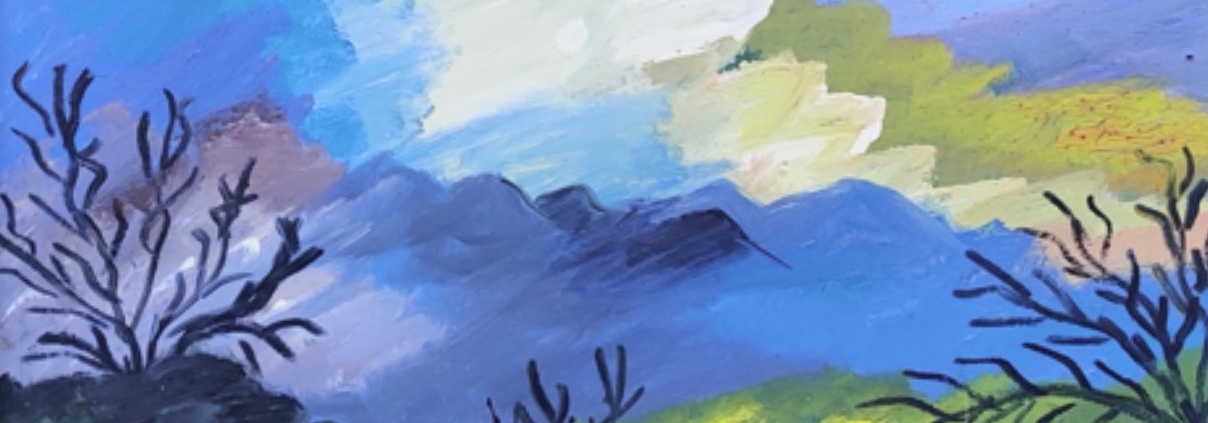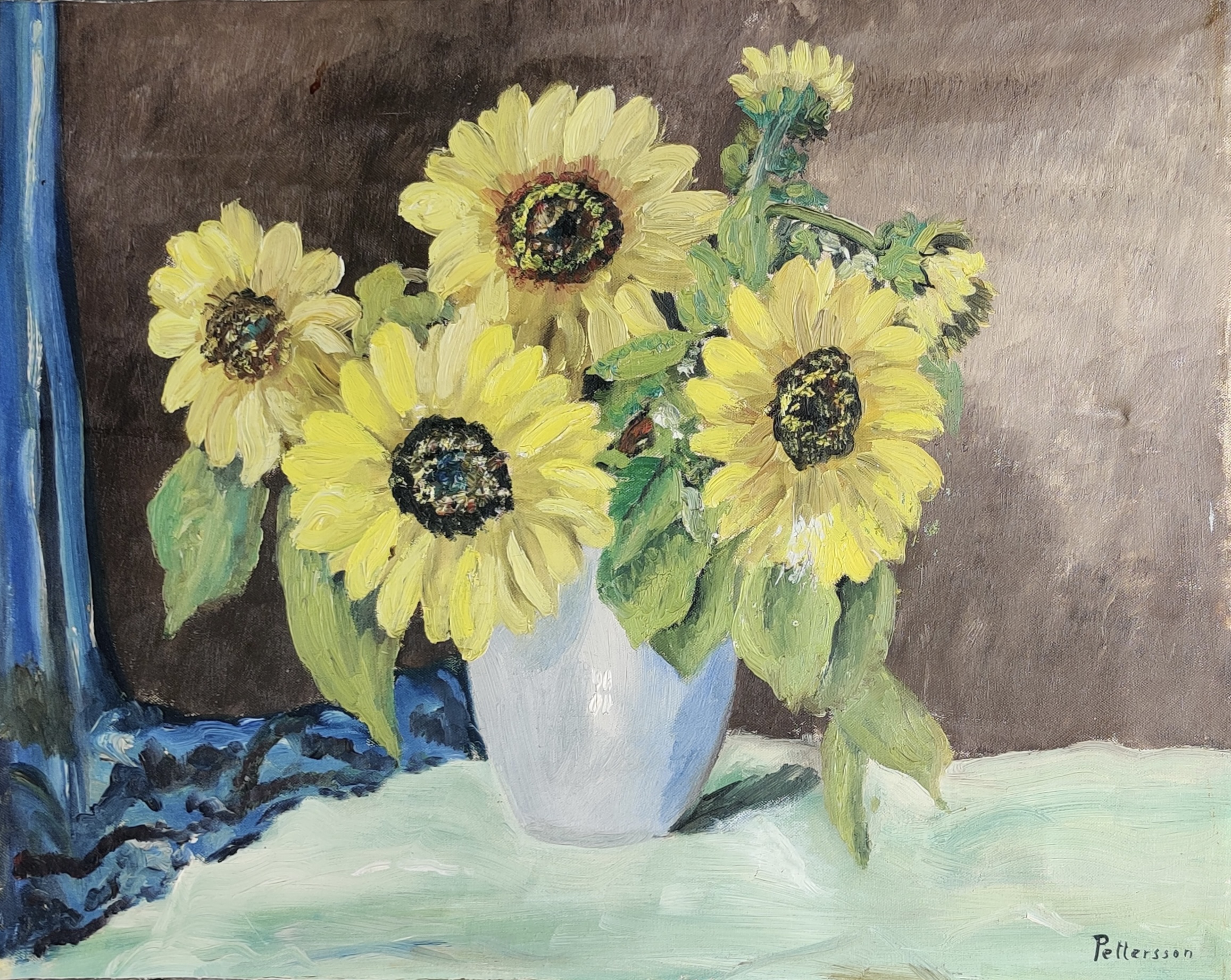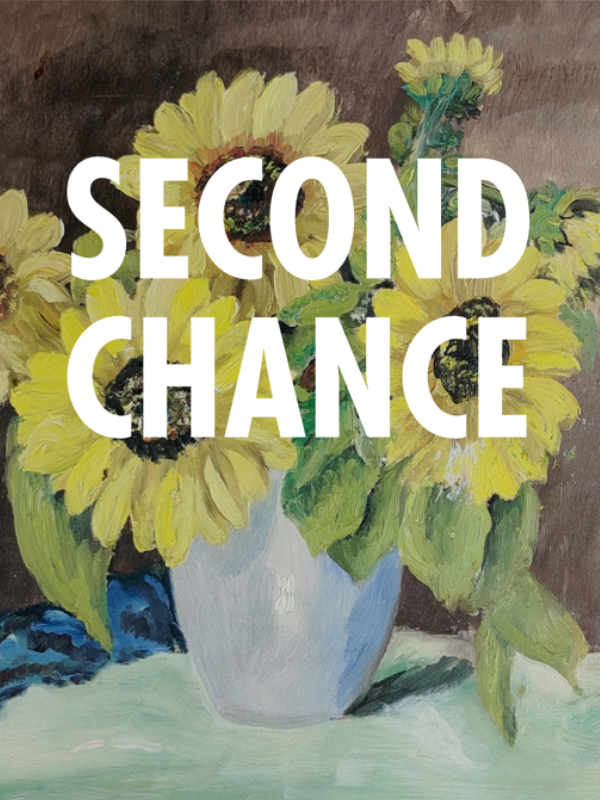A Second Chance in Berlin
BY: -

Evan Soflieir has interviewed Johann Unterholzvogel for us, the man behind the notorious Second Chance Gallery, founded in 2015 and about to open a new space in Berlin.
ES: Hello Johann, let's start with introductions: Second Chance Gallery. Already a subject of discussions and controversies even before opening your new venue in Berlin.
JU: [Laughs] Thank you for the introduction. Let's say we're receiving a lot of feedback, mostly very positive. We are very happy and excited to inaugurate the new space in Berlin.
ES: Why Berlin?
JU: Well, a couple of reasons are obvious: because it's a vibrant city and because there's a good network of galleries, but above all because with its population of over 6,000 artists, it aligns perfectly with the concept behind the Second Chance Gallery.
ES: An idea that is already apparent from the name. Why this choice?
JU: Because we wanted to be direct, to get straight to the point. No gallery owner's surname and ego to bolster. We want to talk about what we do with our artists. Our mission.
ES: And what is the mission?
JU: The mission is to give a second chance to artists who, by current standards of the art system, are considered failed or simply not relevant.
ES: A banal question: isn't there a good reason if they are considered failed?
JU: It depends, often yes, sometimes no. Just as looking at some established artists you wonder "How do they still manage to be here?", similarly with other artists you wonder "Why didn't they make it, what went wrong?"
ES: And how is this second chance that you give to artists perceived by the market?
JU: Better than you would expect. Collectors are much more open than one might think, often it's the gallerists who are afraid to take risks and end up offering the same painter with a few thousand followers on Instagram.
ES: Should I take that as critic to your colleagues?
JU: [Laughs] No no, every gallerist does what they believe is best, it's still business and about making it to the end of the month. I've been fortunate to find an unexplored niche in the art world.
ES: And returning to the collectors, do you have a specific target in mind?
JU: You'll be surprised, but most of our collectors fall into the category of high spenders. In other words, big collectors.
ES: Indeed, I didn't expect that…
JU: You see, many high-level collectors have gone through a phase where they were literally glutted with the trendy artists of the moment, and they're tired. We're talking about entrepreneurs, men accustomed to taking risks for a living. Yet when it comes to exploring the art world, they often find themselves faced with proposals that are often unoriginal, conservative.
ES: So they seek out unknown artists?
JU: So they seek something different. Not the painting by the trendy artist of the year that all their friends have already bought, nor the Picasso to display as a mere status symbol above the fireplace. Let's be honest, just as they wouldn't wear a T-shirt prominently featuring the logo of some haute couture house, similarly they realize the vulgarity of a certain type of showiness when it comes to art.
ES: That's an interesting perspective. Tell us about your artists.
JU: There's not much to say: perfect unknowns. Manne, Pettersson, Flindzxky... I'm not even sure I'm pronouncing the last name correctly [Laughs]. Yet they've done something good. Sometimes just one valid work, but what a work!

ES: Just one work? Shouldn't that be a problem?
JU: It's a problem if you think about art and an artist's career in traditional terms, but think about a writer or a musician. They can write a book or a song that's hugely successful, appreciated by critics and the public, and then a series of disasters. Even if the subsequent ones were a complete failure, no one would dream of questioning the greatness of their first success.
ES: So you think the allure of the artist as a brand might disappear?
JU: No, of course not, I may be an idealist, but not to that extent. I don't want to be the Don Quixote of the art world and fight windmills. But sometimes you can take a risk and show that certain things don't work until someone tries to make them work. In this case, let me say with a hint of pride that we've succeeded.
ES: So now the search for new artists in Berlin begins.
JU: Exactly, and there will be plenty to look for.
ES: Well then, good luck and thank you for your time.
JU: Thank you.
ES: Hello Johann, let's start with introductions: Second Chance Gallery. Already a subject of discussions and controversies even before opening your new venue in Berlin.
JU: [Laughs] Thank you for the introduction. Let's say we're receiving a lot of feedback, mostly very positive. We are very happy and excited to inaugurate the new space in Berlin.
ES: Why Berlin?
JU: Well, a couple of reasons are obvious: because it's a vibrant city and because there's a good network of galleries, but above all because with its population of over 6,000 artists, it aligns perfectly with the concept behind the Second Chance Gallery.
ES: An idea that is already apparent from the name. Why this choice?
JU: Because we wanted to be direct, to get straight to the point. No gallery owner's surname and ego to bolster. We want to talk about what we do with our artists. Our mission.
ES: And what is the mission?
JU: The mission is to give a second chance to artists who, by current standards of the art system, are considered failed or simply not relevant.
ES: A banal question: isn't there a good reason if they are considered failed?
JU: It depends, often yes, sometimes no. Just as looking at some established artists you wonder "How do they still manage to be here?", similarly with other artists you wonder "Why didn't they make it, what went wrong?"
ES: And how is this second chance that you give to artists perceived by the market?
JU: Better than you would expect. Collectors are much more open than one might think, often it's the gallerists who are afraid to take risks and end up offering the same painter with a few thousand followers on Instagram.
ES: Should I take that as critic to your colleagues?
JU: [Laughs] No no, every gallerist does what they believe is best, it's still business and about making it to the end of the month. I've been fortunate to find an unexplored niche in the art world.
ES: And returning to the collectors, do you have a specific target in mind?
JU: You'll be surprised, but most of our collectors fall into the category of high spenders. In other words, big collectors.
ES: Indeed, I didn't expect that…
JU: You see, many high-level collectors have gone through a phase where they were literally glutted with the trendy artists of the moment, and they're tired. We're talking about entrepreneurs, men accustomed to taking risks for a living. Yet when it comes to exploring the art world, they often find themselves faced with proposals that are often unoriginal, conservative.
ES: So they seek out unknown artists?
JU: So they seek something different. Not the painting by the trendy artist of the year that all their friends have already bought, nor the Picasso to display as a mere status symbol above the fireplace. Let's be honest, just as they wouldn't wear a T-shirt prominently featuring the logo of some haute couture house, similarly they realize the vulgarity of a certain type of showiness when it comes to art.
ES: That's an interesting perspective. Tell us about your artists.
JU: There's not much to say: perfect unknowns. Manne, Pettersson, Flindzxky... I'm not even sure I'm pronouncing the last name correctly [Laughs]. Yet they've done something good. Sometimes just one valid work, but what a work!

Sunflowers, Pettersson
ES: Just one work? Shouldn't that be a problem?
JU: It's a problem if you think about art and an artist's career in traditional terms, but think about a writer or a musician. They can write a book or a song that's hugely successful, appreciated by critics and the public, and then a series of disasters. Even if the subsequent ones were a complete failure, no one would dream of questioning the greatness of their first success.
ES: So you think the allure of the artist as a brand might disappear?
JU: No, of course not, I may be an idealist, but not to that extent. I don't want to be the Don Quixote of the art world and fight windmills. But sometimes you can take a risk and show that certain things don't work until someone tries to make them work. In this case, let me say with a hint of pride that we've succeeded.
ES: So now the search for new artists in Berlin begins.
JU: Exactly, and there will be plenty to look for.
ES: Well then, good luck and thank you for your time.
JU: Thank you.

